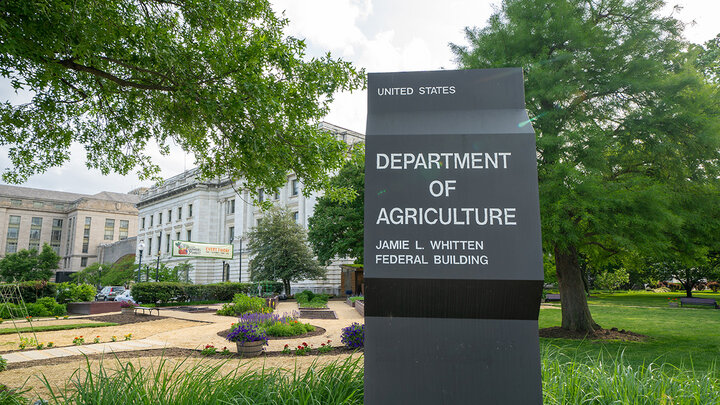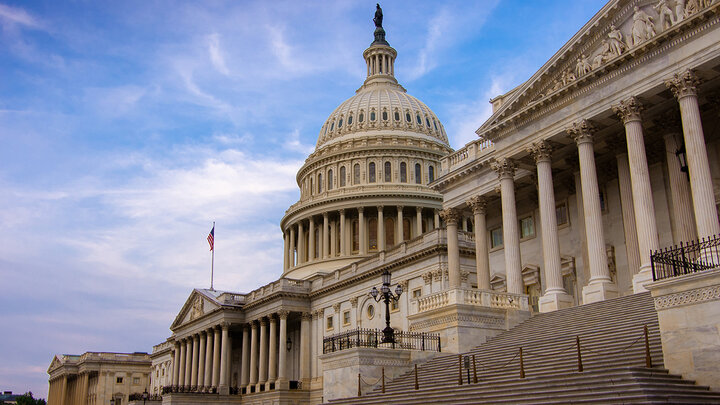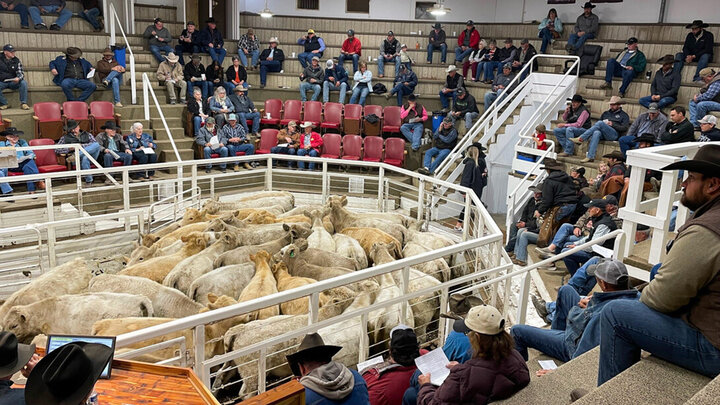This Policy Report column was first published by Nebraska Farmer on Dec. 6, 2024 and is excerpted here with permission.
The November elections set the stage for some significant changes in Washington, D.C., in 2025, and those potential changes include agricultural policy. Although we appear destined to carry over the farm bill debate from 2024 to 2025, there will be several additional issues on the radar for agriculture and several new faces and new perspectives that create plenty of uncertainty for now.
The election results surprised many pundits, not just in who won the various races but in the fact that one party gained control of the House, the Senate and the White House for the new year. When Congress is split in terms of party control of the House and Senate, it is often lamented that relatively little gets done, but at least in that scenario, the outlook is a predictable status quo.
With Republicans holding the House and taking over the Senate and White House, they will control all three corners of policy development in D.C., suggesting a more substantial policy agenda than may otherwise be feasible. The administrative priorities and Cabinet nominees announced thus far would support that premise, although a razor-thin majority in the House and a less-than-filibuster-proof majority in the Senate will likely temper the policy discussion.
Leadership at the top
In late November, President-elect Donald Trump announced Brooke Rollins as his nominee for secretary of agriculture. Her nomination surprised most in agricultural circles as someone from outside the traditional ag leadership, but it was consistent with Trump’s other picks in terms of ties and loyalty. Rollins’ background in the previous Trump administration, and her leadership in a conservative think tank since, help frame some of the expectations of what she thinks and will prioritize as secretary of agriculture. The additional nominations to come for assistant secretary and undersecretary roles in the USDA will help frame the incoming administration’s directions for ag policy, but there may remain much for her to learn about agriculture and much for agricultural leaders to learn about her.
In Congress, the Republican leadership for agriculture carries over, with Rep. Glenn Thompson holding on to the House Agriculture Committee gavel and Sen. John Boozman moving up from ranking member to chair of the Senate Ag Committee with the Republican takeover. The Democratic side of the committees will see changes. Sen. Amy Klobuchar takes over for retiring Sen. Debbie Stabenow, but now only inherits the role of ranking member instead of chair. In the House, there is a formal race for the ranking member role, as there are announced challengers to Rep. David Scott after months of concern among Democrats over Scott’s health and leadership as ranking member in the last session of Congress.
The issues
Although the incoming ag leadership is still taking shape, the list of ag policy issues is already long for the new year. First on the list is the overdue farm bill, but there are other issues, ranging from trade to taxes and more, that could have as big or even bigger effects on agriculture as the specific policy issues to be settled within the farm bill debate.
The farm bill debate lingered throughout 2024 as the House Agriculture Committee passed a bipartisan version; but the Senate saw nothing formal until Stabenow finally released farm bill language in November after the election, something that was too little, too late to help the process along.
Continue reading full column via Nebraska Farmer ...




